Presentations
Session VI - Iconographies of Ethnicity
 Patricia Johnston, College of the Holy Cross
Patricia Johnston, College of the Holy Cross
“‘I’ is for ‘Italian’: Francis W. Edmonds and the Image Peddler in Nineteenth-Century American Visual Culture”
Abstract
Patricia Johnston, the Rev. J. Gerard Mears, S.J., Chair in Fine Arts at the College of the Holy Cross in Worcester MA, is the author of Real Fantasies: Edward Steichen’s Advertising Photography (1997), which won three book awards for its study of the relationship between fine and commercial photography. She is the editor of Seeing High and Low: Representing Social Conflict in American Visual Culture (2006), which examines how concepts of high and low art changed from the 18th to the 20th centuries; and Global Trade and Visual Arts in Federal New England (2014). In 2016--17, she was the Terra Foundation Senior Fellow in American Art at the Smithsonian American Art Museum. She has held prior research fellowships from the American Antiquarian Society, the Charles Warren Center for Studies in American History at Harvard University, and the National Endowment for the Humanities. She is presently writing a book titled "Global Aesthetics: The Visual Culture of Colonial Salem, Massachusetts."
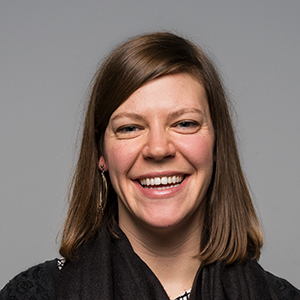 Erika Pazian, Central Washington University
Erika Pazian, Central Washington University
“In the In-Between: Las Poblanas and the Gendered Occupation of Space in Nineteenth-Century North America”
Abstract
Erika Pazian is an assistant professor in the Department of Art + Design at Central Washington University. Pazian holds a PhD in Art History from The Graduate Center, City University of New York. Her research examines images of contested spaces created in Mexico and the United States in the midst of the U.S.-Mexican War (1846-48). Her work has been supported by fellowships at the Library of Congress, the Amon Carter Museum of American Art, and the American Antiquarian Society.
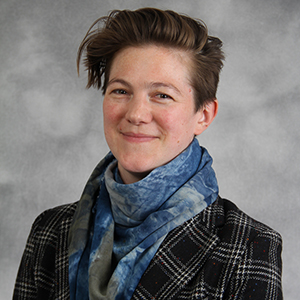 Colleen Stockmann, Gustavus Adolphus College
Colleen Stockmann, Gustavus Adolphus College
“Weeds and Wildflowers: Drawing Plant Politics in New York, 1850--1870”
Abstract
Colleen Stockmann is an historian of art and material culture of the United States and the Atlantic world with a focus on art praxis and ecocriticism. Stockmann has a PhD and MA from the University of Minnesota, Twin Cities in art history and holds a BA in studio art from Macalester College. As an assistant professor of art history at Gustavus Adolphus College in St. Peter, MN, Stockmann teaches a range of courses including a networked global history of pigments and a history of data visualization in print culture.
 Grace Yasumura, Smithsonian American Art Museum
Grace Yasumura, Smithsonian American Art Museum
Moderator
Grace Yasumura is the inaugural Luce Foundation Curatorial fellow at the Smithsonian American Art Museum, where she supports the development of an exhibition that considers the intertwined histories of race and American sculpture. She is also the project manager for Contemporary Monuments to the Slave Past, a digital archive founded by Dr. Renée Ater, which investigates how we visualize, interpret, and engage the slave past through contemporary monuments created for public spaces. She earned her PhD in art history and archaeology from the University of Maryland in 2019. Her dissertation examined the entangled histories of race, labor, and citizenship in New Deal post office murals. She also holds a BA in Peace and Justice Studies from Wellesley College and an MA in art history from New York University.
Session VII - Iconoclasm in North America
Abstract
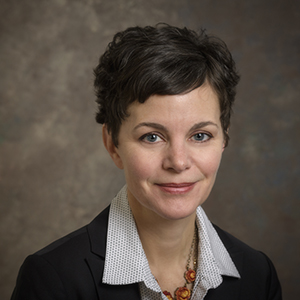 Wendy Bellion, University of Delaware
Wendy Bellion, University of Delaware
Co-Chair
Wendy Bellion is a professor of art history and Sewell Biggs Chair in American Art History at the University of Delaware and Director of the Center for Material Culture Studies. Her research and teaching focuses on eighteenth- and nineteenth-century art and material culture in North America and the Atlantic World. Her publications include the books Iconoclasm in New York: Revolution to Reenactment (2019) and Citizen Spectator: Art, Illusion, and Visual Perception in Early National America (2011), which was awarded the Charles Eldredge Prize by the Smithsonian American Art Museum. She is currently co-editing a volume with Kristel Smentek on eighteenth-century material culture studies for Bloomsbury Academic and researching a new monograph, "Pictures Onstage," about art and theater in the early United States.
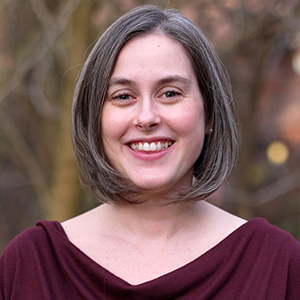 Jennifer Van Horn, University of Delaware
Jennifer Van Horn, University of Delaware
Co-Chair
Jennifer Van Horn holds a joint appointment as associate professor in art history and history at the University of Delaware where she teaches courses in American art, material culture, and museum studies. She is the author of The Power of Objects in Eighteenth-Century British America (2017) and Portraits of Resistance: Activating Art during Slavery (Yale Univ. Press, forthcoming 2022). A piece of this project, published in The Art Bulletin, was awarded the National Portrait Gallery’s inaugural Director’s Essay Prize (2019). Her research has been supported by the Center for Advanced Study in the Visual Arts at the National Gallery of Art, the National Portrait Gallery, the Smithsonian American Art Museum, and Winterthur Museum and Library.
Discussants
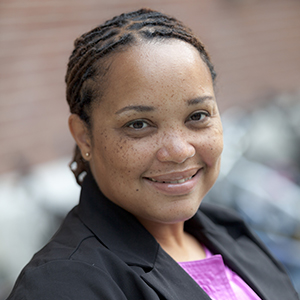 Dana Byrd, Bowdoin College
Dana Byrd, Bowdoin College
Dana E. Byrd is a scholar of American art and material culture and an assistant professor of art history at Bowdoin College. Supported by the Ford, Mellon and Wyeth Foundations, her research engages with questions of place and the role of art and artifacts in everyday life. Most recently, she was the co-curator with Frank H. Goodyear of a traveling exhibition and catalog, Winslow Homer and the Camera: Photography and the Art of Painting. She is currently at work on a book manuscript, "Reconstructions: Freedom on the South Carolina Sea Island Plantation, 1861--1877," which uses art and artifacts to examine the landscape of the transformed Reconstruction-Era plantation.
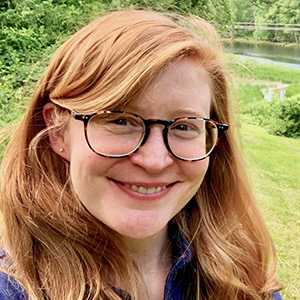 Ellery Foutch, Middlebury College
Ellery Foutch, Middlebury College
Ellery Foutch is an assistant professor in the American studies department at Middlebury College (Vermont), where she teaches classes on the art and material culture of the United States. After earning her PhD in the history of art from the University of Pennsylvania, she held postdoctoral teaching fellowships at the University of Wisconsin--Madison and The Courtauld Institute of Art (London). She completed her MA at the Williams College Graduate Program in the History of Art and her BA at Wellesley College. She has published articles on patents for portable magic lanterns as illuminated, wearable technologies (for Modernism/Modernity, 2016), nineteenth-century glass ballot boxes and political transparency (for Common-place, 2016), artists’ natural history collections (Flora/Fauna, 2017), and tableaux vivants (for Art History Pedagogy & Practice, 2017). Her collaborative project “The Sheldon Relic Chair 1884/2018” was awarded an honorable mention by the Library Company of Philadelphia’s Innovation Award.
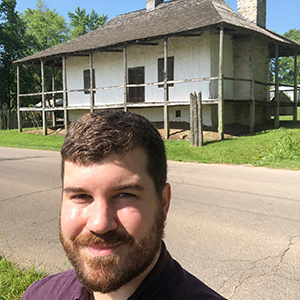 Philippe Halbert, Yale University
Philippe Halbert, Yale University
A graduate of the College of William and Mary and the Winterthur Program in American Material Culture, Philippe Halbert is a doctoral candidate in Yale University’s history of art department. His in-progress dissertation explores how creole identity, cultural mobility, and imperial intimacy in the French Atlantic world were alternately understood and complicated by way of self-fashioning and performative modes of consumption and representation. He is currently a Barra Dissertation Fellow at the University of Pennsylvania’s McNeil Center for Early American Studies.
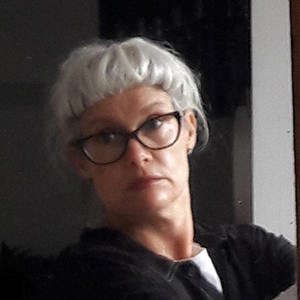 J. M. Mancini, Maynooth University, Ireland
J. M. Mancini, Maynooth University, Ireland
J. M. Mancini is a cultural historian. She is the author of the prize-winning monographs Art and War in the Pacific World: Making, Breaking and Taking from Anson’s Voyage to the Philippine-American War (California, 2018), and Pre-Modernism: Art-World Change and American Culture from the Civil War to the Armory Show (Princeton, 2005); and, with Keith Bresnahan, is the co-editor of Architecture and Armed Conflict: The Politics of Destruction (Routledge, 2015).
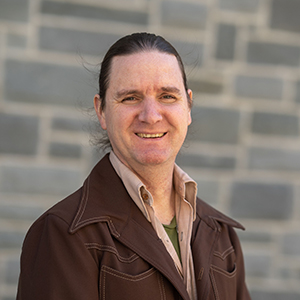 John Ott, Boston University/James Madison University
John Ott, Boston University/James Madison University
As the Ray and Margaret Horowitz Visiting Professor in American Art for 2021–22 at Boston University, John Ott has also been known to assume the identity of professor of art history at James Madison University and author of Manufacturing the Modern Patron in Victorian California: Cultural Philanthropy, Industrial Capital, and Social Authority (Ashgate, 2014) and (with Tim Cresswell) Muybridge and Mobility (California, 2022); Ott’s half of the volume examines the representation and social mobility of Black athletes in the Gilded Age. His current book project, "Mixed Media: The Visual Cultures of Racial Integration, 1931–1954," has received support from the American Council of Learned Societies, the Center for Advanced Study in the Visual Arts, the National Endowment for the Humanities, and the Smithsonian Institution.
Session VIII - Imperialism
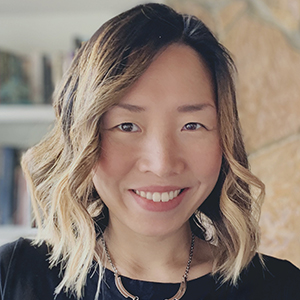 Maggie Cao, University of North Carolina
Maggie Cao, University of North Carolina
“Oceanography and Imperialism in Homer's Gulf Stream”
Abstract
Maggie Cao is the David G. Frey Assistant Professor of Art History at the University of North Carolina at Chapel Hill. She is a historian of eighteenth- and nineteenth-century American art in a global context. Her research focuses on the history of globalization with particular interest in intersections of art with histories of technology, natural science, and economics. She is the author of The End of Landscape in Nineteenth-Century America (Univ. of California Press, 2018). She has also published on media theory, material culture, and ecocriticism. She is currently writing a book on American painting and overseas empire building in the nineteenth century.
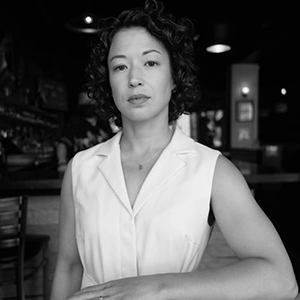 Ellen Tani, Center for Advanced Study in the Visual Arts, National Gallery of Art
Ellen Tani, Center for Advanced Study in the Visual Arts, National Gallery of Art
“Enmeshed: Senga Nengudi's Performative Nylon Sculptures and Afro-Asian Ritual”
Abstract
Informed by feminist, critical race, and disability theory, Tani's research and teaching focus on the relationship between form, alterity, and visibility in the history of modern and contemporary art. She is currently the 2020--2022 A.W. Mellon Postdoctoral Fellow at the Center for Advanced Study in the Visual Arts in Washington, D.C. Previously, she was an assistant curator at the ICA Boston (2018--20) and the A. W. Mellon Postdoctoral Curatorial Fellow at the Bowdoin College Museum of Art (2015--18). Tani earned her PhD in art history in 2015 from Stanford University, where her research was supported by the Center for Comparative Studies in Race and Ethnicity, and the Carter G. Woodson Institute for African and African American Studies at the University of Virginia. Her book project, supported by the Clark and the Getty Research Institute, is provisionally entitled "Black Conceptual Practice, 1975--1983," and her scholarship has appeared in Art Journal, American Quarterly, and Panorama.
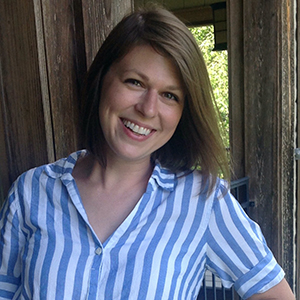 Mallory Nanny, Florida State University
Mallory Nanny, Florida State University
“An-My Lê’s Small Wars: Re-enacting Memories of an Ongoing War”
Abstract
Mallory Nanny is a doctoral candidate at Florida State University. She is the recipient of the Luce/ACLS Ellen Holtzman Dissertation Fellowship in American Art for the 2020--21 academic year, and she looks forward to continuing her research in Vietnam with the support of the Penelope Mason Dissertation Award. Mallory specializes in contemporary American photography and Vietnamese American studies. Her dissertation examines how Vietnamese American and non-Vietnamese American women artists narrativize and memorialize the Vietnam War using photo-based media.
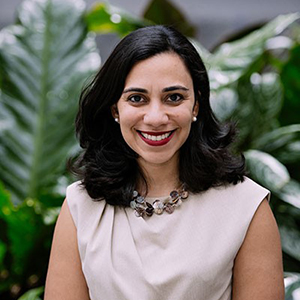 Leslie Ureña, National Portrait Gallery
Leslie Ureña, National Portrait Gallery
Moderator
Leslie Ureña is Curator of Photographs at the Smithsonian National Portrait Gallery. She focuses on migration, transnational art practices, and photography as an agent of social change. Her exhibitions at the Portrait Gallery have included IDENTIFY: Lee Mingwei’s Sonic Blossom (2018, co-organized with Dorothy Moss), In Mid-Sentence (2019), One Life: Marian Anderson (2019), and Block by Block: Naming Washington (2021). In 2022 She will be the co-curator of Kinship; and, with Taína Caragol, of The Outwin 2022: American Portraiture Today.
Prior to the Portrait Gallery, Ureña worked at the National Gallery of Art, The Museum of Modern of Art, and the Dallas Museum of Art, among others. She has taught at the George Washington University, Taipei National University of the Arts, and National Taiwan Normal University, and her writing has appeared in Artforum.com, caa.reviews, ART iT, and the International Journal for History, Culture and Modernity, as well as in exhibition catalogues and edited volumes. Ureña received a BA from Yale University and an MA and a PhD from Northwestern University, all in art history.
Session IX - A Land Acknowledgement is Not Enough: Why Indigenous Art Must Guide a New American Art
Abstract
 Mindy N. Besaw, Crystal Bridges Museum of American Art
Mindy N. Besaw, Crystal Bridges Museum of American Art
Co-Chair
Mindy N. Besaw, PhD, Curator, American Art and Director of Fellowships and Research, has been curator at Crystal Bridges Museum of American Art since 2014 where she oversees the American art collection covering colonial times to the 1960s, and the Tyson Scholars of American Art fellowship program. Her projects and exhibitions include a 2018 renovation and reinstallation of the Early American art galleries; co-curator of Art for a New Understanding: Native Voices 1950s to Now (2018); co-curator of Cross-Pollination: Martin Johnson Heade, Thomas Cole, Frederic Edwin Church and our Contemporary Moment, organized in association with Thomas Cole Historic Site and Olana State Historic Site; and co-curator of Companion Species, an exhibition organized in partnership with the Museum of Native American History, Bentonville. Besaw holds a PhD in American art history from the University of Kansas.
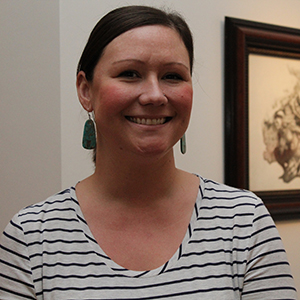 Ashley Holland (Cherokee Nation), Art Bridges Foundation
Ashley Holland (Cherokee Nation), Art Bridges Foundation
Co-Chair
Ashley Holland currently serves as the Associate Curator for the Art Bridges Foundation. She is the former Assistant Curator of Native Art at the Eiteljorg Museum of American Indians and Western Art in Indianapolis. Holland earned her doctorate in art history from the University of Oklahoma, Norman in 2021 with a focus on Indigenous identity, cultural memory, and issues of diaspora in Cherokee contemporary art. She received her MA in museum studies from Indiana University--Purdue University, Indianapolis and BA in art history and religious studies from DePauw University in Greencastle, Indiana. Holland is a citizen of the Cherokee Nation and currently lives in Rogers, Arkansas.
Discussants
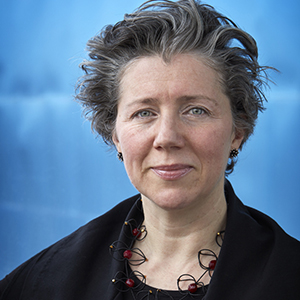 Georgiana Uhlyarik, Art Gallery of Ontario
Georgiana Uhlyarik, Art Gallery of Ontario
Georgiana Uhlyarik is the Fredrik S. Eaton Curator, Canadian Art, and co-lead of the Indigenous + Canadian Art Department at the Art Gallery of Ontario, Toronto, Canada. Her recent collaborations include exhibitions and publications: Tunirrusiangit: Kenojuak Ashevak and Tim Pitsiulak, the J.S. McLean Centre for Indigenous + Canadian Art, Georgia O’Keeffe (Tate Modern), Florine Stettheimer: Painting Poetry (Jewish Museum, NY); Picturing the Americas: Landscape Painting from Tierra del Fuego to the Arctic (Terra Foundation for American Art and Pinacoteca do Estado de São Paulo); Introducing Suzy Lake and The Passion of Kathleen Munn. Uhlyarik is currently an adjunct faculty member in art history departments at York University and University of Toronto, and research associate, Modern Literature & Culture, Ryerson University. Originally from Romania, she lives in Toronto with her twin sons.
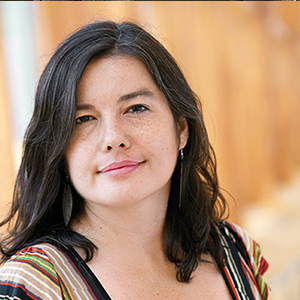 Wanda Nanibush (Anishinaabe-kwe), Art Gallery of Ontario
Wanda Nanibush (Anishinaabe-kwe), Art Gallery of Ontario
Wanda Nanibush (Anishinaabe-kwe) is Curator, Indigenous Art, and co-lead of the Indigenous + Canadian Art Department at the Art Gallery of Ontario, Toronto, Canada. Her curatorial projects include: Karoo Ashevak (AGO, 2019); Rebecca Belmore Facing the Monumental (AGO, 2018); JS McLean Centre for Indigenous and Canadian Art (2018); Rita Letendre: Fire & Light (AGO, 2017); Toronto: Tributes + Tributaries, 1971--1989 (AGO, 2016); Sovereign Acts II (Leonard & Bina Ellen Art Gallery, 2017); and the award winning KWE: The work of Rebecca Belmore (Justina M. Barnicke Gallery, 2014). Nanibush has held various curatorial and academic roles across Canada since 2001. In addition to independent curation, Nanibush held the post of Aboriginal Arts Officer at the Ontario Arts Council, Executive Director of ANDPVA and strategic planning for CCA. She holds an MA in visual studies from the University of Toronto, where she has also taught graduate courses. Nanibush has published widely in magazines, books, and journals, including the book Violence No More: The Rise of Indigenous Women.
Keynote -- "Speech and Silence" (watch)
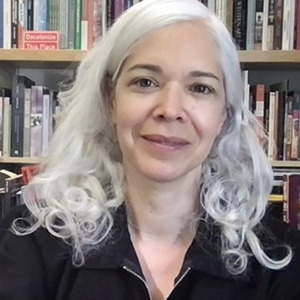 Jennifer A. González, University of California, Santa Cruz
Jennifer A. González, University of California, Santa Cruz
Keynote
Jennifer A. González is a professor in the History of Art and Visual Culture Department at the University of California, Santa Cruz, and a faculty member of the Whitney Independent Study Program, New York. Her research explores the intersections of contemporary art, activism, critical race studies and U.S. history. She has received fellowships from the Ford Foundation, the American Association of University Women, and the American Council of Learned Societies. Her writings have appeared in a variety of journals including Diacritics, Camera Obscura, Bomb, Open Space, Art Journal, Aztlán the Journal of the Archives of American Art and in numerous exhibition catalogs including Jimmy Durham: At the Center of the World (2017). Her first book, Subject to Display: Reframing Race in Contemporary Installation Art (MIT Press, 2008), was a finalist for the Charles Rufus Morey Book Award. Her second book focused on the MacArthur-award-winning artist Pepón Osorio (Univ. of Minnesota Press, 2013). She is the chief editor of Chicano and Chicana Art: A Critical Anthology (Duke Univ. Press, 2019).
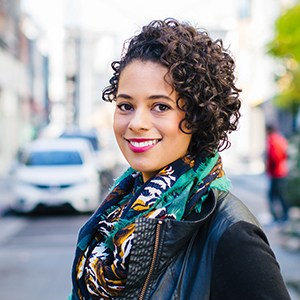 Jordana Moore Saggese, University of Maryland
Jordana Moore Saggese, University of Maryland
Moderator
Jordana Moore Saggese is an associate professor of American art and outgoing Editor-in-Chief of Art Journal. As an internationally recognized expert on the work of Jean-Michel Basquiat, she has published two books on his life and work -- Reading Basquiat: Exploring Ambivalence in American Art (Univ. of California Press, 2014/ 2021) and The Basquiat Reader: Writings, Interviews and Critical Responses (Univ. of California Press, 2021). Her current book, Game On: Sports, Race, and Masculinity, maps the visual terrain of racial ideology in the United States, paying particular attention to the intersecting discourses of blackness, masculinity, and sport in the late nineteenth century. Game On will be published by Duke University Press.
 Katherine Fein, Columbia University
Katherine Fein, Columbia University

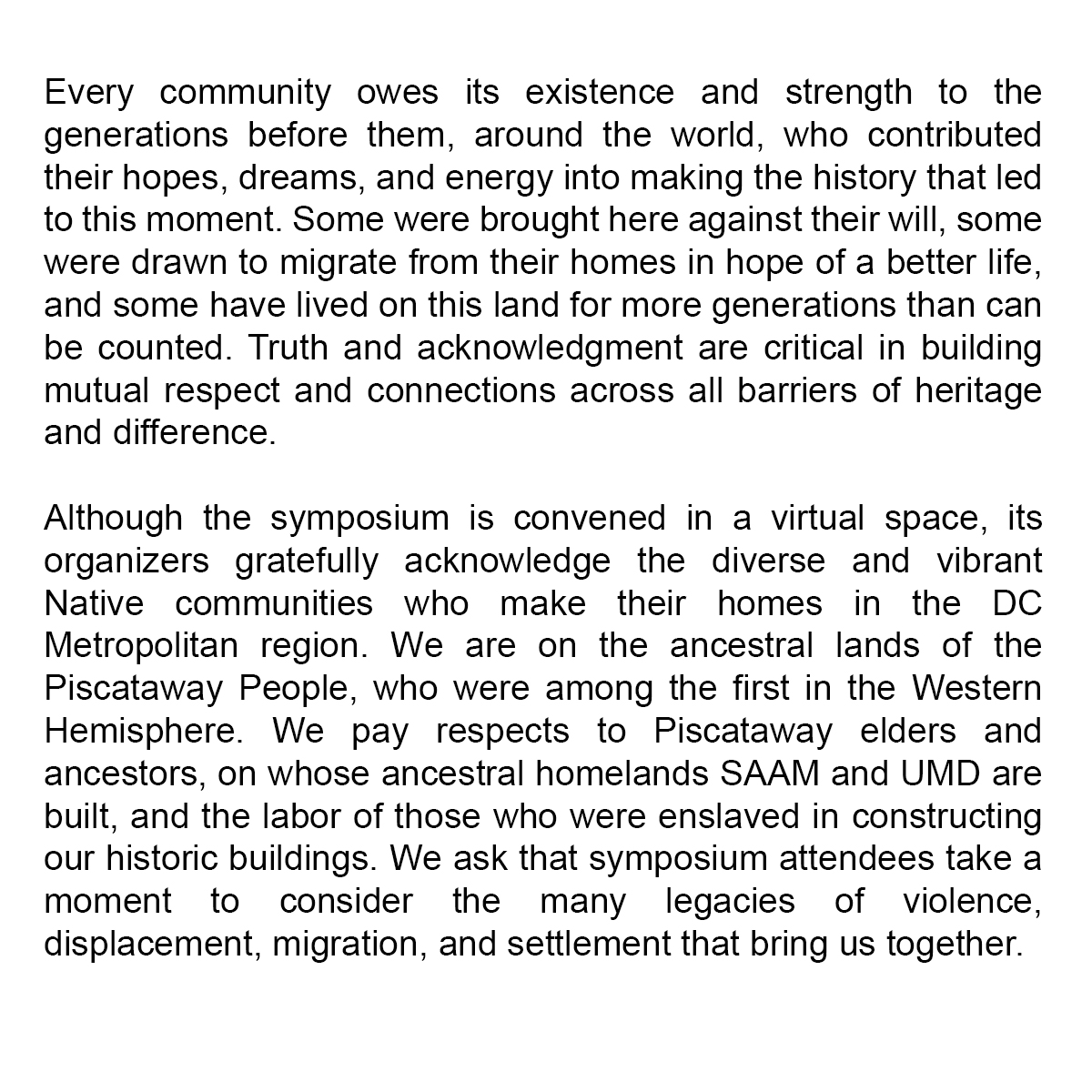
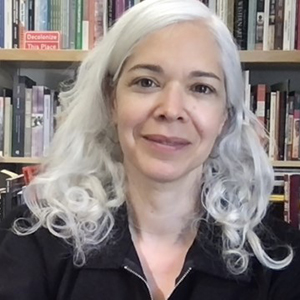
 Lucy Mounfield, University of Nottingham
Lucy Mounfield, University of Nottingham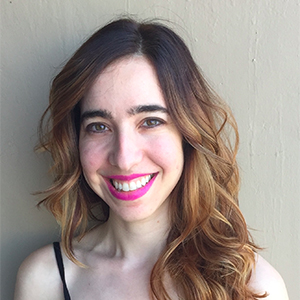 Danya Epstein, Southern Methodist University
Danya Epstein, Southern Methodist University Emma Silverman, National Park Service
Emma Silverman, National Park Service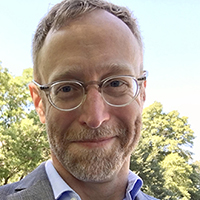 Joshua Shannon, University of Maryland
Joshua Shannon, University of Maryland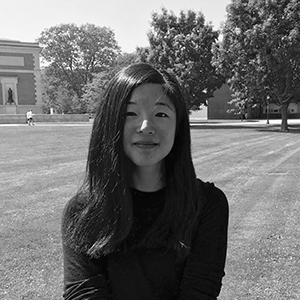 Caitlin Beach, Fordham University
Caitlin Beach, Fordham University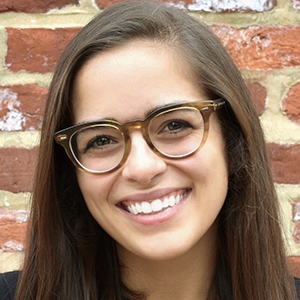 Kristen Nassif, University of Delaware
Kristen Nassif, University of Delaware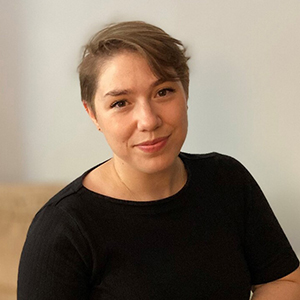 Janine DeFeo, The Graduate Center, City University of New York
Janine DeFeo, The Graduate Center, City University of New York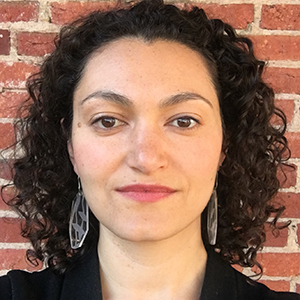 Tess Korobkin, University of Maryland
Tess Korobkin, University of Maryland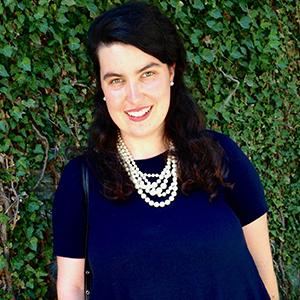 Lea Stephenson, University of Delaware
Lea Stephenson, University of Delaware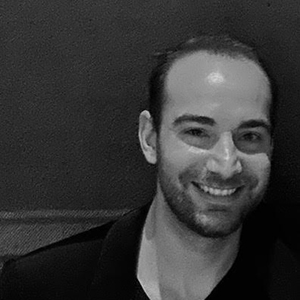 Stephen Mandravelis, University of Tennessee at Chattanooga
Stephen Mandravelis, University of Tennessee at Chattanooga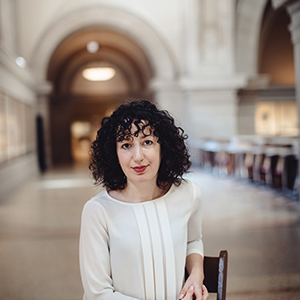 Nika Elder, American University
Nika Elder, American University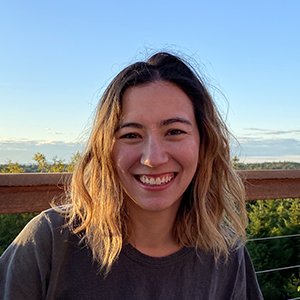 Maya Harakawa, The Graduate Center, City University of New York
Maya Harakawa, The Graduate Center, City University of New York%20resized.jpg) Danielle O'Steen, Kreeger Museum
Danielle O'Steen, Kreeger Museum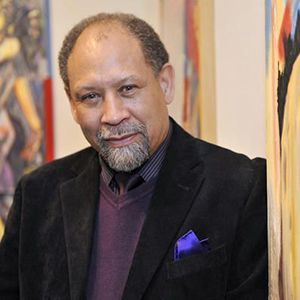 Curlee R. Holton, David C. Driskell Center, University of Maryland
Curlee R. Holton, David C. Driskell Center, University of Maryland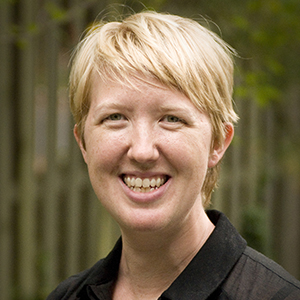 Kay Wells, University of Wisconsin--Milwaukee
Kay Wells, University of Wisconsin--Milwaukee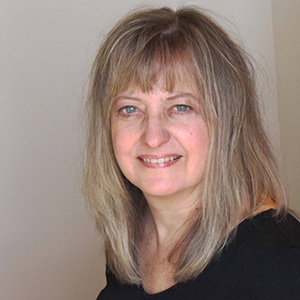 Laura Smith, Michigan State University
Laura Smith, Michigan State University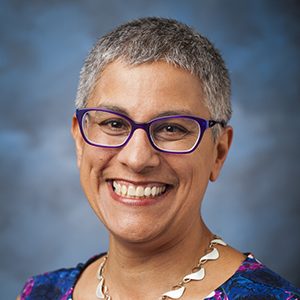 Karen Mary Davalos, University of Minnesota
Karen Mary Davalos, University of Minnesota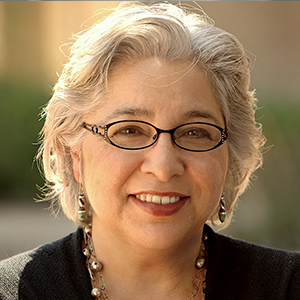 Constance Cortez, University of Texas, Rio Grande Valley
Constance Cortez, University of Texas, Rio Grande Valley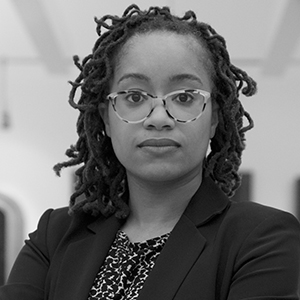 Melanee Harvey, Howard University
Melanee Harvey, Howard University Patricia Johnston, College of the Holy Cross
Patricia Johnston, College of the Holy Cross Erika Pazian, Central Washington University
Erika Pazian, Central Washington University Colleen Stockmann, Gustavus Adolphus College
Colleen Stockmann, Gustavus Adolphus College Grace Yasumura, Smithsonian American Art Museum
Grace Yasumura, Smithsonian American Art Museum Wendy Bellion, University of Delaware
Wendy Bellion, University of Delaware Jennifer Van Horn, University of Delaware
Jennifer Van Horn, University of Delaware Dana Byrd, Bowdoin College
Dana Byrd, Bowdoin College Ellery Foutch, Middlebury College
Ellery Foutch, Middlebury College Philippe Halbert, Yale University
Philippe Halbert, Yale University J. M. Mancini, Maynooth University, Ireland
J. M. Mancini, Maynooth University, Ireland John Ott, Boston University/James Madison University
John Ott, Boston University/James Madison University Maggie Cao, University of North Carolina
Maggie Cao, University of North Carolina Ellen Tani, Center for Advanced Study in the Visual Arts, National Gallery of Art
Ellen Tani, Center for Advanced Study in the Visual Arts, National Gallery of Art Mallory Nanny, Florida State University
Mallory Nanny, Florida State University Leslie Ureña, National Portrait Gallery
Leslie Ureña, National Portrait Gallery Mindy N. Besaw, Crystal Bridges Museum of American Art
Mindy N. Besaw, Crystal Bridges Museum of American Art Ashley Holland (Cherokee Nation), Art Bridges Foundation
Ashley Holland (Cherokee Nation), Art Bridges Foundation Georgiana Uhlyarik, Art Gallery of Ontario
Georgiana Uhlyarik, Art Gallery of Ontario Wanda Nanibush (Anishinaabe-kwe), Art Gallery of Ontario
Wanda Nanibush (Anishinaabe-kwe), Art Gallery of Ontario Jennifer A. González, University of California, Santa Cruz
Jennifer A. González, University of California, Santa Cruz Jordana Moore Saggese, University of Maryland
Jordana Moore Saggese, University of Maryland